It is natural, if you have been working in a field for a while, and have been somewhat successful, that some accolades will come your way, just by dint of being around long enough. As Bing Chat wrote, when asked to create a funny, self-deprecating profile of me in the first person:
I have received some awards and recognitions for my research and teaching, but they are mostly based on hype and luck.
So true.
That said, I would be lying if I said these accolades are not meaningful to me. So here are a few pieces of good news that popped up on my radar in the past few months.

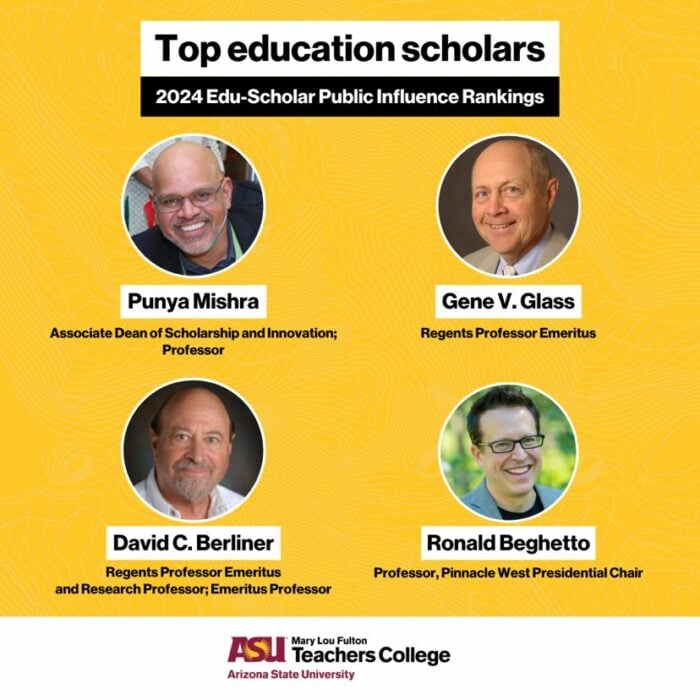
Back in early January I learned that I had made #48 on the 2024 RHSU Edu-Scholar Public Influence Rankings (#8 in psychology). I was one of 4 scholars from MLFTC to make the list and to be honest I felt a bit of imposter syndrome, in seeing some of the names there. David Berliner for instance.
Back in 1997 when I was completing my PhD and was entering the job market there was one university that was at the top of my list, and that was ASU. The main reason for this was because David was the dean. I could not imagine a better place to be than with someone like him leading the college. Sadly I did not even get called for the interview! I did end up at ASU – 19 years later and David was no longer dean. But he was, and always has been, someone I have respected greatly as a scholar and a human being. So anytime I am included in any list that David is on, I see that as being a great honor.

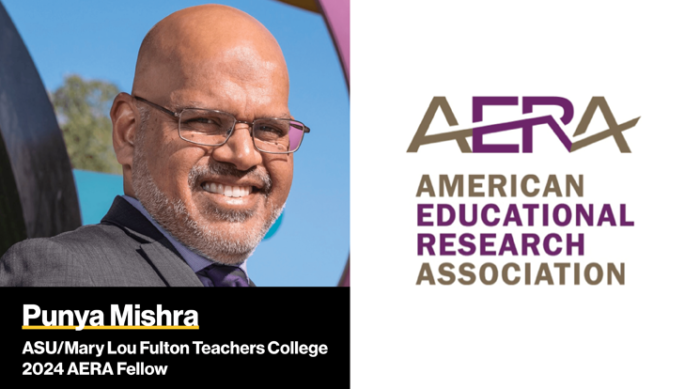
A few weeks ago, I learned that I was named a 2024 American Educational Research Association (AERA) fellow. As the website says, “The AERA Fellows Program honors scholars for their exceptional contributions to, and excellence in, education research.” As I wrote in my LinkedIn post:
I know this would not have been possible without so many people who I have had the privilege to collaborate and work with.
That said, I do want to give a special shout-out to a few key individuals who at specific moments in my career, through their intellect, generosity, collegiality, friendship and support, helped me see new possibilities and opportunities for impactful research and scholarship. A heartfelt thank you to (in somewhat chronological order): Matthew Koehler, Danah Henriksen, Leigh Graves Wolf, Carole Basile, & Melissa Warr.
Thank you!

A week or so ago I received an email from the editors of the Journal of Digital Learning in Teacher Education (Denise Crawford, Denise Lindstrom and Ann Thompson) with the news that a paper that I had co-authored with Melissa Warr and Rezwana Islam (TPACK in the age of ChatGPT and Generative AI) was awarded the JDLTE Outstanding Research Paper Award. At the email said,
This award is in recognition of the single article from the prior volume year with the highest possibility to advance the field of teacher education, based on the criteria of potential impact and contribution, innovativeness, and generalizability or usability.
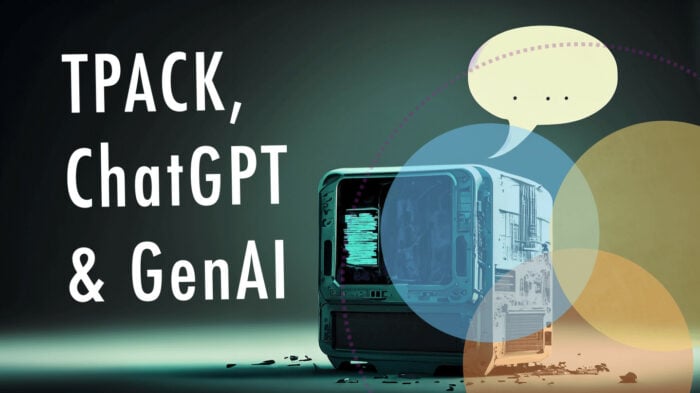
This was a paper that I felt that needed to be written and I am extremely happy that the editors of the journal feel the same way. Our work will be recognized this summer during ISTE’s conference (June 23-26, in Denver, CO) and we have been invited to present our work at the conference.

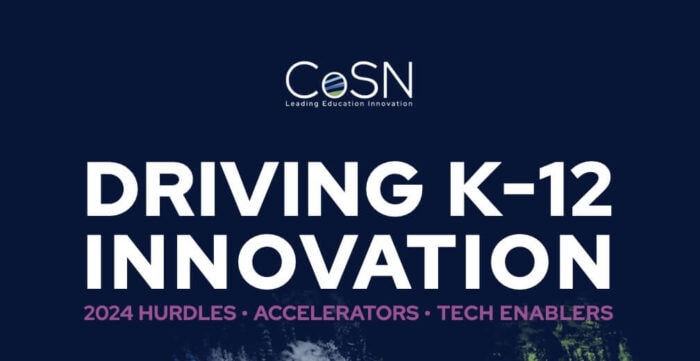
Finally, not technically an award or recognition but something worth mentioning is the small role I played in the Driving K-12 Innovation: 2024 Hurdles, Accelerators, Tech Enablers project report that was recently released by the Consortium for School Networking. I served as an Advisory Board member for this Driving K12-Innovation project cycle and am proud of the report overall. And guess what, I ended up being quoted in the report as well (see below).
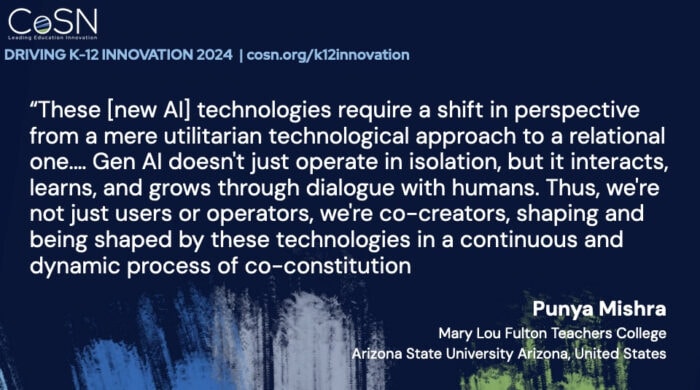

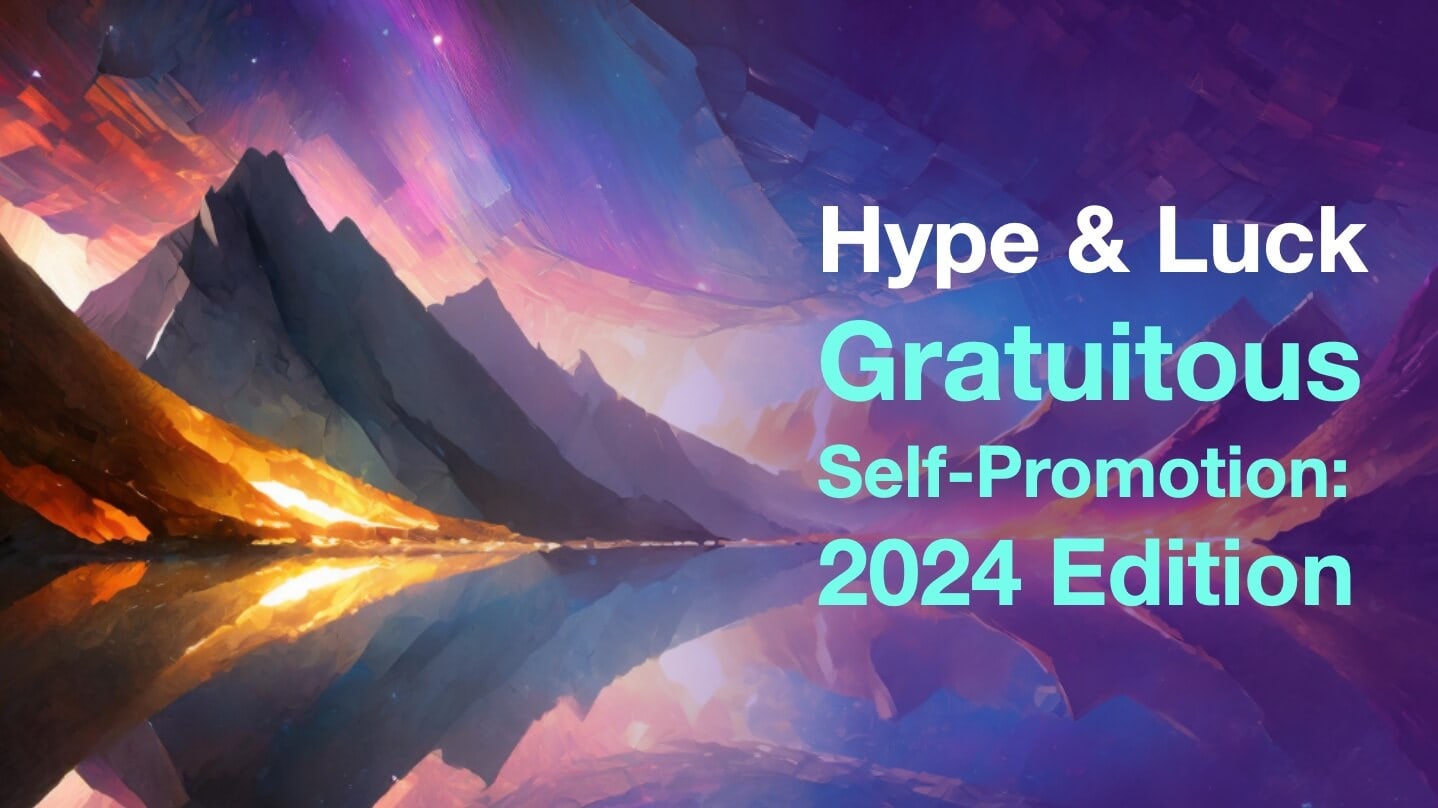
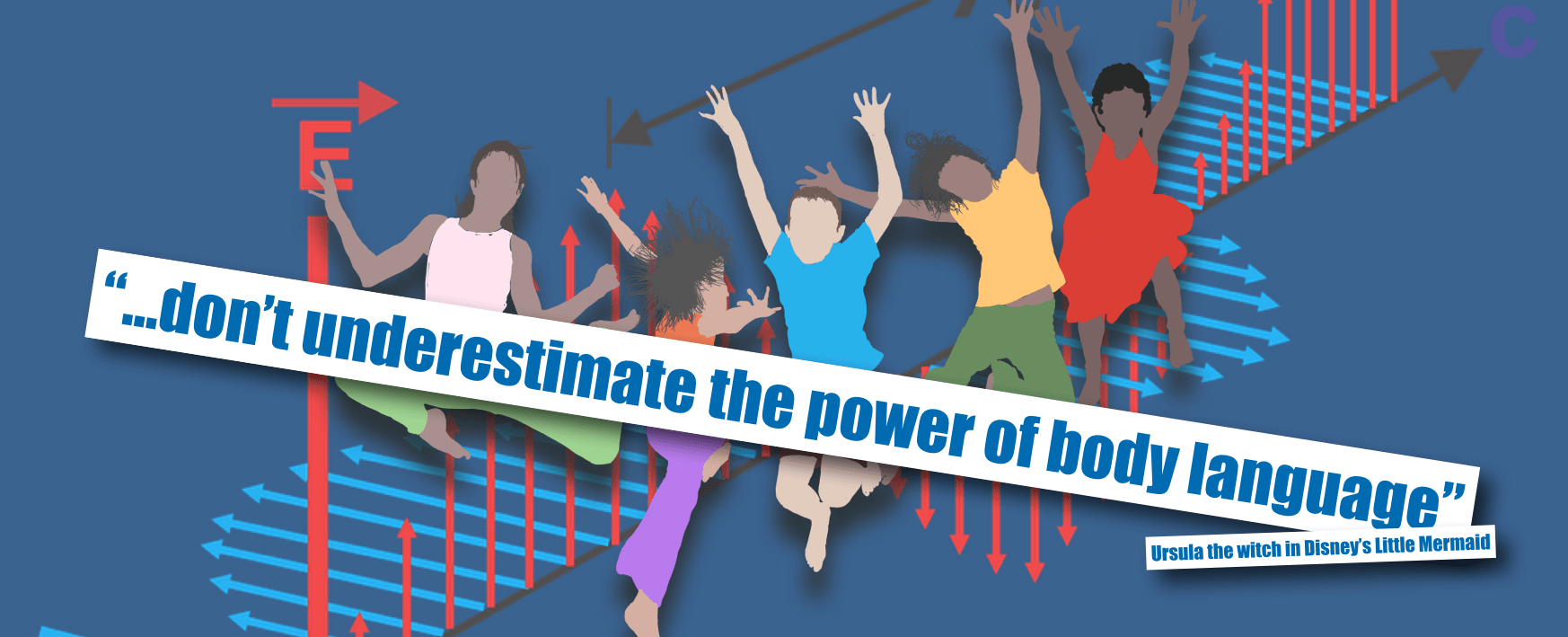
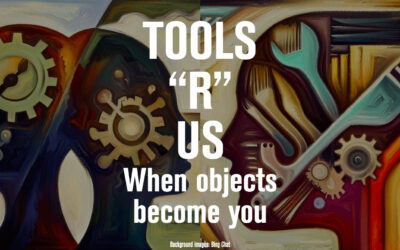
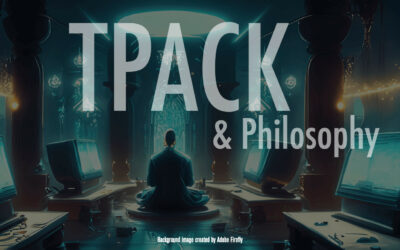
0 Comments